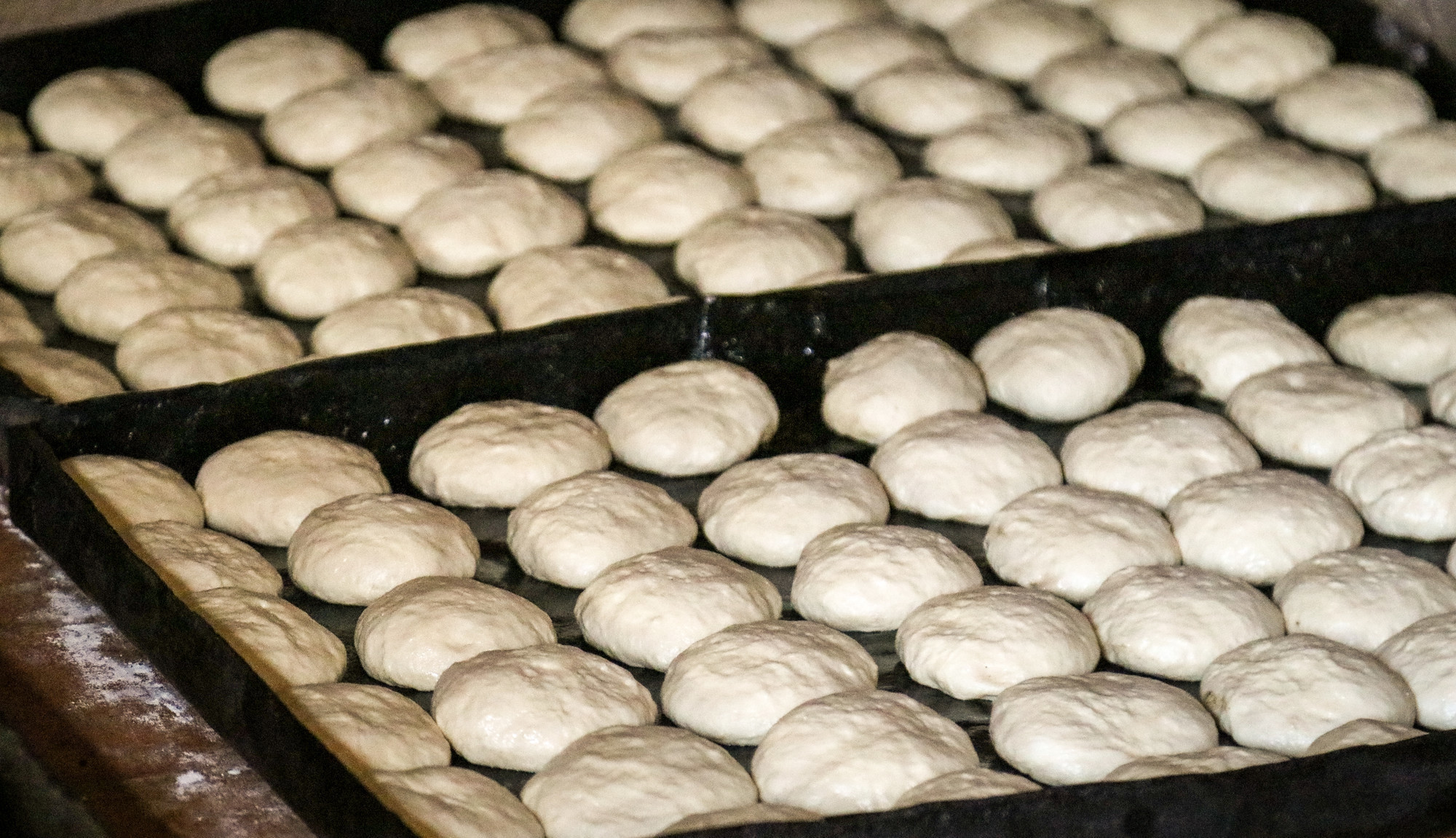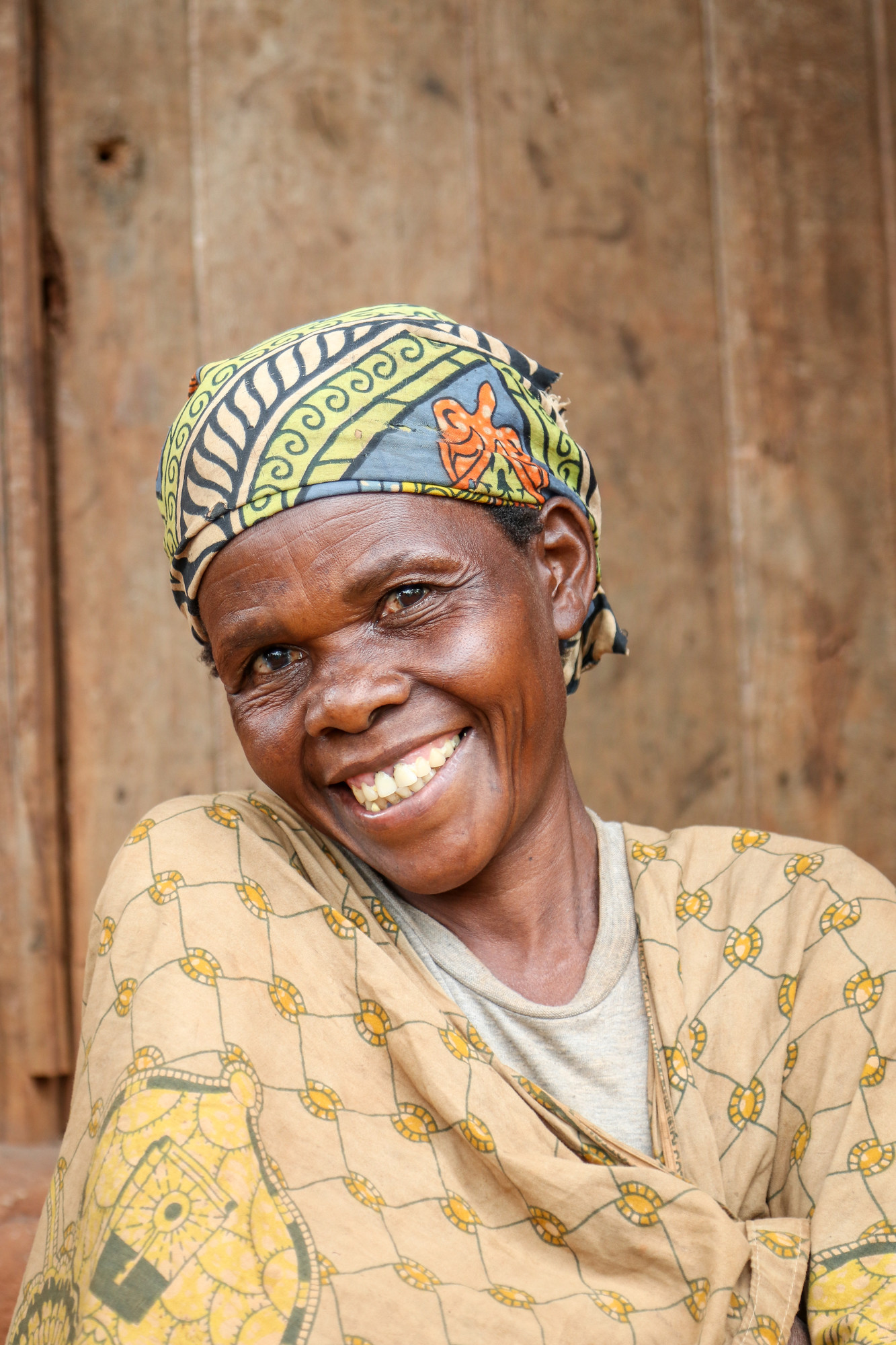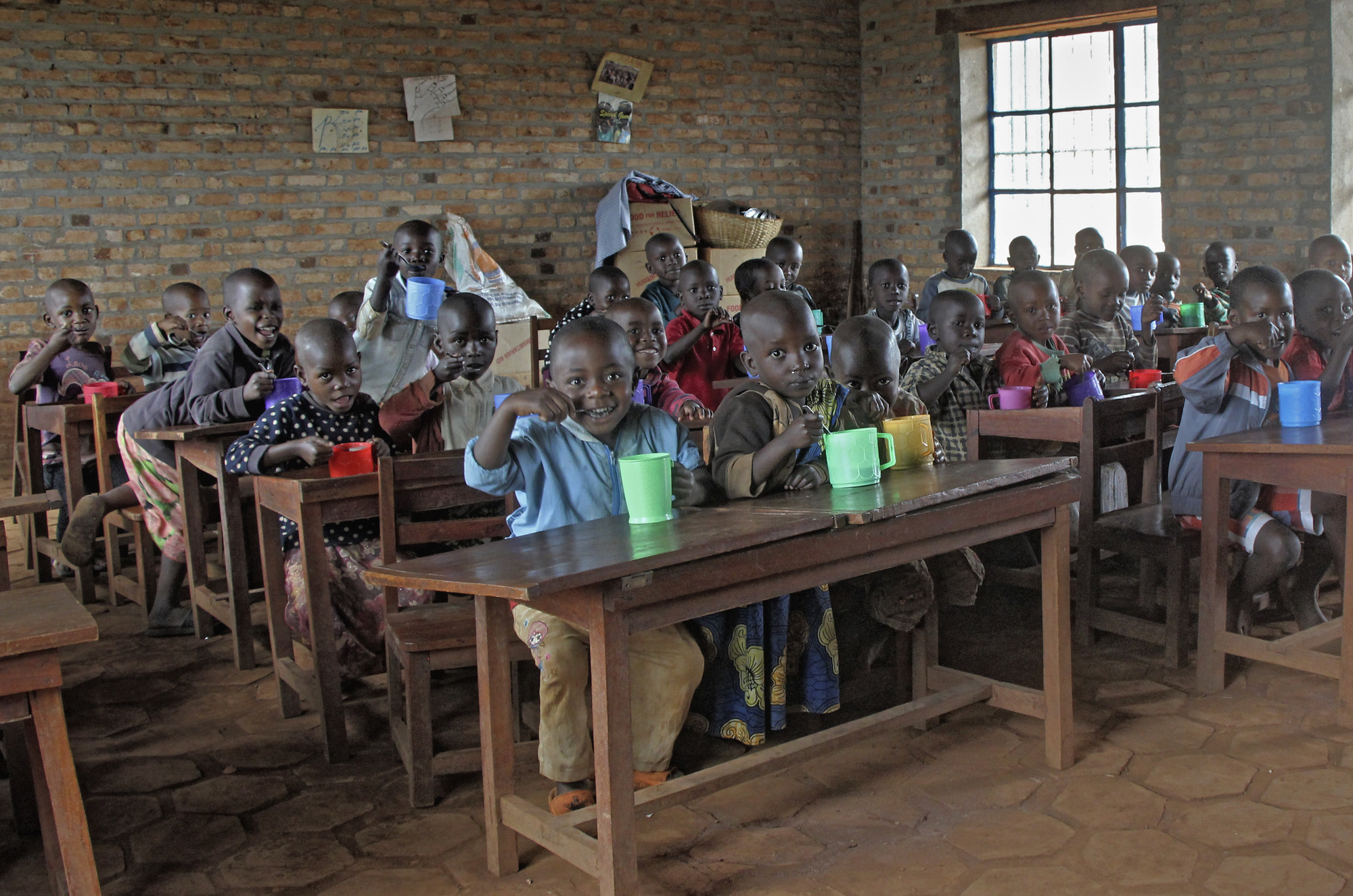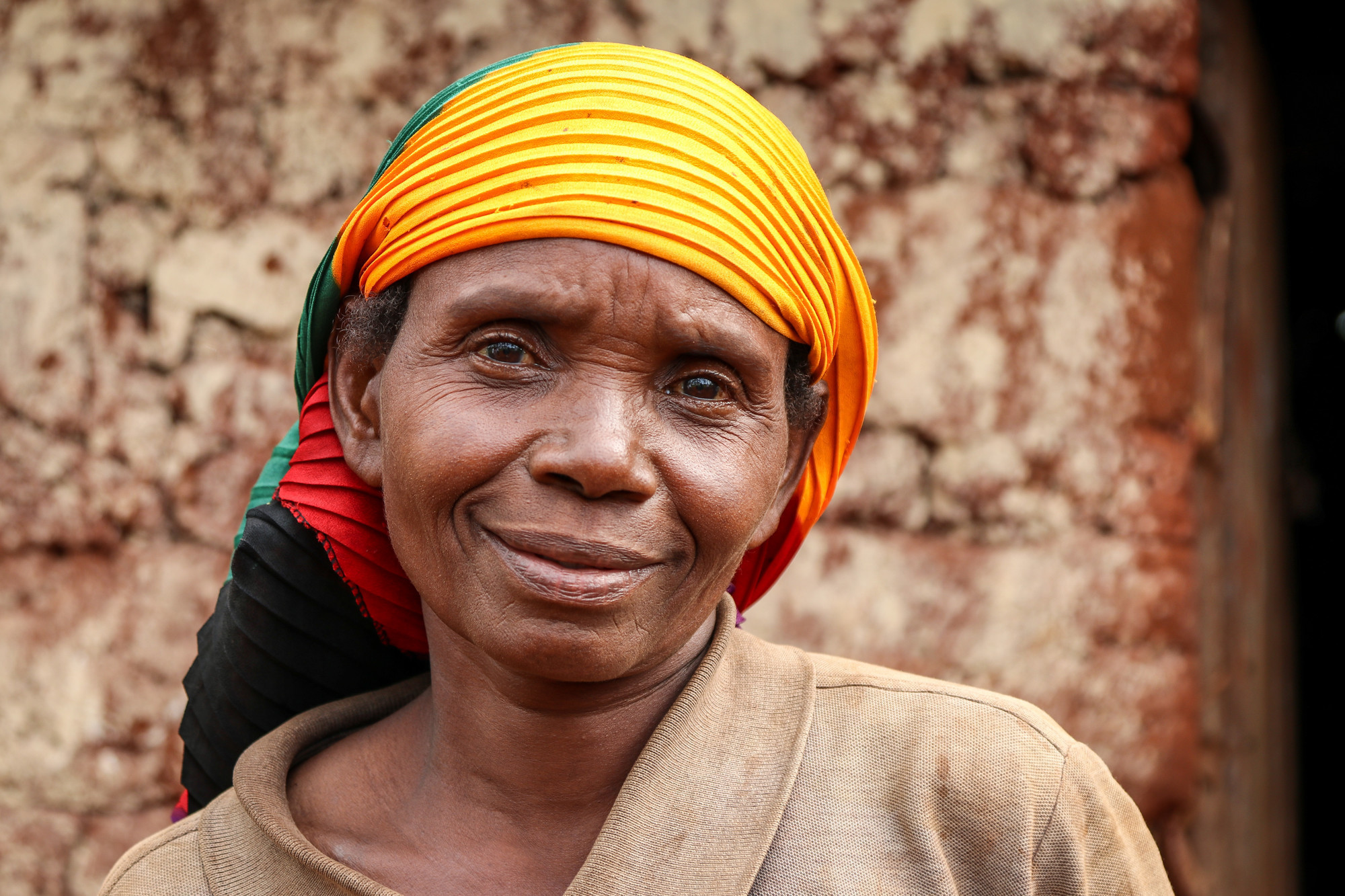"We are strong now"
Daily meal and hygiene training in Burundi supports academic progress of Hope School students

"Sometimes life is not easy for us, but it was very hard in the past,” says Gaudence Nzotungandushe, pulling her thin kitenge wrap tightly around herself against the morning chill. She is a widow, living alone with her two daughters who attend the nearby MCC-supported Hope School in Nyangungu, Burundi.
Nzotungandushe explains the challenges her family faced before the school started its health project.

“My girls would go a day or two without eating, and I would go even longer. Many times, I would send them to school knowing they had not eaten anything for days. You cannot learn when you are hungry. They were always sick, always had belly pains and infections.
“But now, thanks to God, they are no longer sick, and they have no more pains. They are no longer hungry when I send them to school, and they are learning.” Nzotungandushe smiles proudly. “I thank God every day that they will not suffer in the ways that I have.”
Holistic health
Nzotungandushe’s daughters are just two of more than 500 students, from preschool to high school, who benefit from an MCC-supported health program that began in 2016. Christian Union for Education and Development of the Underprivileged, the MCC partner that started and has operated Hope School since 2001, gives local Twa children, a commonly disparaged ethnic group, an opportunity for quality education.
The program provides a daily nutritious meal at the school, which is the only meal for the day for many students.
In addition, the students benefit from clean water, soap and latrines as well as menstruation management supplies for girls. Messages of nutrition, sanitation and hygiene also are taken into the community.
Burundi has one of the world’s highest rates of chronic malnutrition, with an estimated 56 per cent of children seriously stunted in their physical development due to nutritional deficiencies. Malnutrition in children can have life-long consequences, including poor brain development, heart damage, metabolic disorders, autoimmune disorders and susceptibility to a wide range of infectious diseases.
The situation is even more difficult in Burundi’s rural areas and among ethnic minorities. By integrating simple and effective health work into Hope School, this project has been able to reduce many of these risks at low cost.
Reduced illness
Like Nzotungandushe, Richard Irakunda is the father of two students. “Before this work,” he says, “my family could not go a month without one of us being so sick we needed the doctor.” Now, because of the health program, Irakunda says six months can go by before he or his children need to see a doctor.
“Now, my children are learning at school, and they’re so smart!” he said with joy written all over his face.
Each day, cooks at the school prepare a nutrient-enriched, multi-grain breakfast porridge, enriched bread and iron-rich meat, which includes MCC canned meat and locally sourced meat, for the children. This year the school is adding nutrient-rich vegetables like tomatoes and leafy greens to the meals to give even more balanced nutrition.
The students not only get food, they put peacebuilding into practice when the children from Twa, Hutu and Tutsi ethnic groups eat together, a practice that is seldom done in the community because of the marginalization and negative stereotyping of the Twa.

“What I like about this school,” says Bernard Nyandwi, a secondary student at Hope School, “is that we get something to eat every day, like the bread and meat we had today. We all eat together as one. There is no difference between us, and we all get what we need. The food helps to keep our bodies healthy from diseases. We are strong now.”
Reduced absenteeism, dropouts
Integrating health work into the school also has reduced absenteeism and dropouts, especially for girls. Only one student has dropped out in the past three years.
The school’s administrator, Béatrice Munezero, attributes this improvement to the health program. Better nutrition allows students to concentrate and succeed academically; sick days are down; and improved menstrual management reduces embarrassment and infections for girls.
The sanitary pads the school provides are important to older girls, explains student Nadine Kanyambo. “Before, we used small bits of cloth we found. Sometimes they weren’t clean. We got a lot of infections. I missed school because I was afraid of making a mess and being embarrassed. Now there are clean bathrooms at school, and water and soap, and we have pads. We don’t have those problems anymore.”
Sustaining the change
In the coming year, a new project will help the school start its own vegetable garden so the daily meal for students will be even more nutritious without needing to rely on outside funds. For the poorest families, primarily households headed by widows, the project will provide new safe and sanitary latrines that will help the family’s health for years to come.

One widow and mother of three Hope School students, Bujeniya Mpfayokurera, summed up her appreciation.
“I’m grateful for this school. If it weren’t here, my children would have no education. They wouldn’t have been welcome at other schools (as an ethnic minority Twa), and I wouldn’t have been able to pay for it anyways. The food they get at school is from God. Before this, we would go days without eating even one bite. I thought my children might die from hunger and illness. The school cares not only for my children, but for me too. We’re treated like people. We are not forgotten.”

